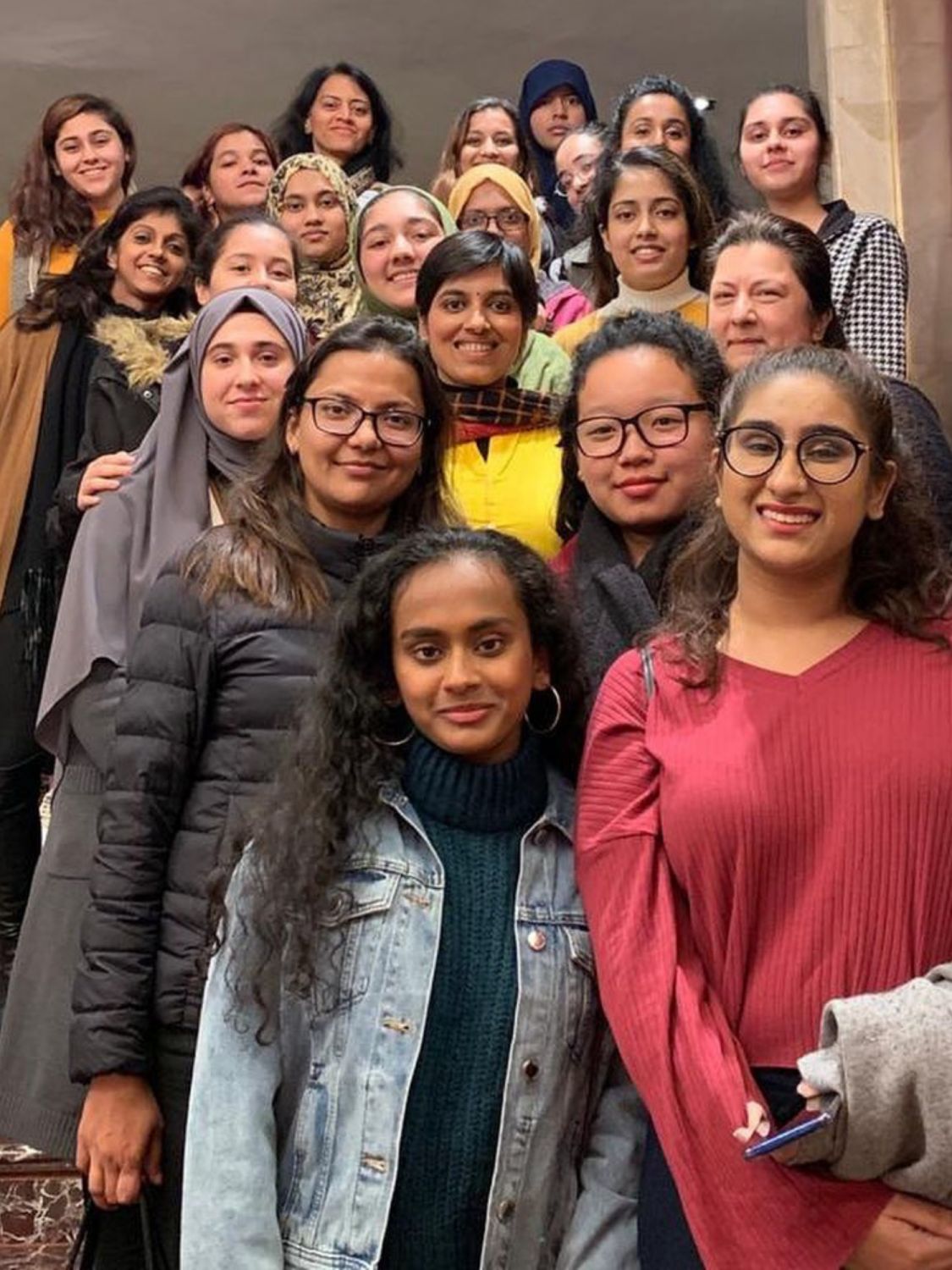The founder of The Zubin Foundation shares how her NGO works to improve the lives of Hong Kong’s marginalised communities
Former banker Shalini Mahtani has become a key voice for representing the interests of Hong Kong’s ethnic minorities, and has dedicated her life to working with those of South and Southeast Asian descent, particularly women and girls in crisis. In 2014, she established The Zubin Foundation, an NGO that works to provide opportunities to and reduce the suffering of those overlooked by society. It is named after her son Zubin, who died at the age of three in 2009. Mahtani is also the founder and CEO of Community Business, an organisation that works with businesses to build inclusive workplaces. In 2008, she received an MBE from Queen Elizabeth II for her work in corporate social responsibility in Hong Kong.
In case you missed it: Meet Queenie Man, who is taking on ageism and reimagining the future of elderly care in Hong Kong
Describe what you do in one sentence.
I am a mother; I run The Zubin Foundation charity in Hong Kong; and I am also a non-official member of the Hong Kong government’s Commission for Children.
Tell us more about the community The Zubin Foundation supports.
The Zubin Foundation is about improving the lives of Hong Kong’s ethnic minorities. They are disproportionately represented, have lower-paying occupations and are subject to exclusion and discrimination in all areas of life in Hong Kong.
Do you consider yourself a success?
I am not comfortable with the term “success”. I lost my firstborn Zubin to medical negligence. A mother is meant to keep her children alive and well, and I failed Zubin.
Did you always think this was the path for you?
I always wanted to push for social justice, and I always knew that I would advocate for women.
What makes a successful NGO leader?
Passion and belief that every human has the right to dignity and respect. The belief that working together and collaborating with other stakeholders, including the government, religious leaders and NGOs, is critical for the impact we need to see. Finally, communicating authentically is key.

